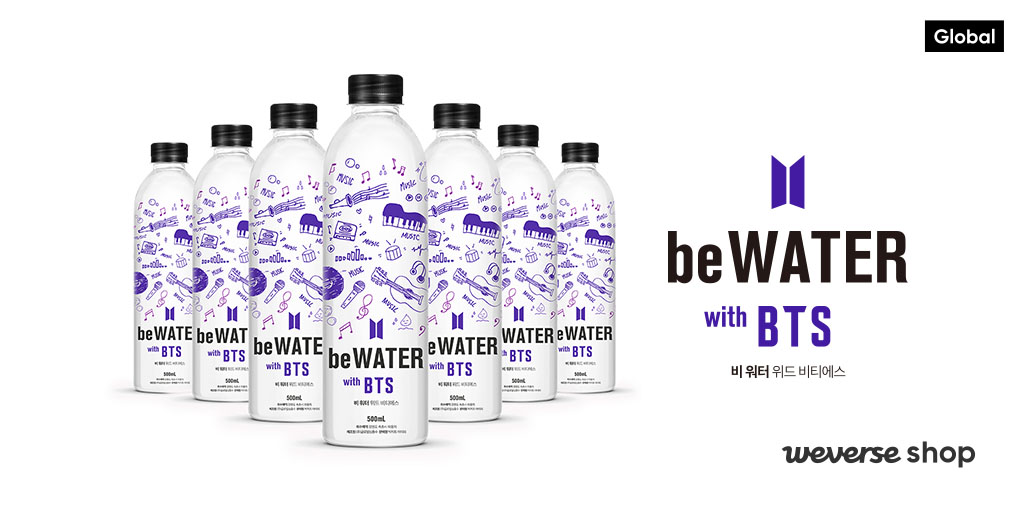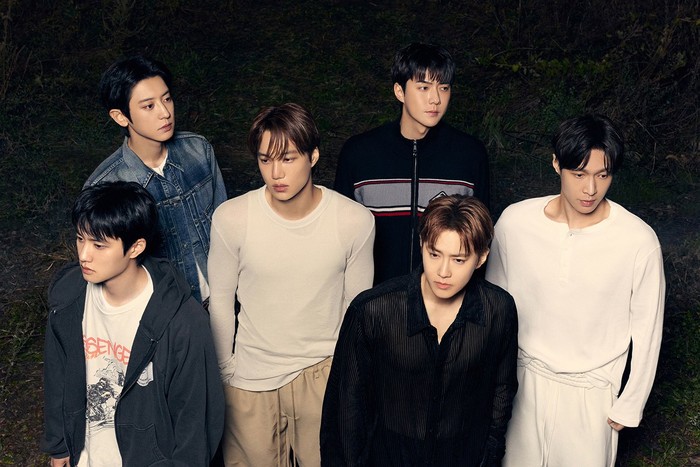Smashing – In the bizarre and hyper competitive world of K-pop fandom, a new trend has emerged that’s leaving outsiders baffled: fans are shelling out hundreds sometimes thousands of dollars for used idol water bottles. Yes, you read that right. Empty plastic bottles, once touched by a K-pop star, are now selling for more than some concert tickets. But why are fans paying $500 for used idol water bottles, and what does this say about modern fan culture?
This isn’t just about hydration it’s about obsession, exclusivity, and the psychological thrill of owning a piece of an idol’s everyday life. From online auctions to secret fan trades, the market for celebrity-used items has exploded, and water bottles are just the beginning.
The Rise of K-pop Relic Culture
The phenomenon of fans paying $500 for used idol water bottles is part of a larger trend called “relic collecting.” In religious contexts, relics are sacred objects tied to saints but in K-pop, they’re mundane items transformed into priceless artifacts by mere celebrity contact.
This trend isn’t entirely new. Fans have long treasured signed albums, worn clothing, and even strands of hair from their favorite stars. But the shift toward everyday items like water bottles reveals a deeper desperation for intimacy in an industry where idols are often untouchable. When fans pay $500 for used idol water bottles, they’re not just buying plastic they’re buying proximity.
The Psychology Behind the Obsession
Why would someone spend a paycheck on a discarded bottle? The answer lies in parasocial relationships one sided emotional connections where fans feel deeply bonded to idols they’ve never met. Psychologists suggest that owning a personal item, even something as trivial as a water bottle, creates an illusion of closeness.
Fans paying $500 for used idol water bottles aren’t just collectors; they’re participants in a fantasy. The bottle becomes a sacred object, a tangible link to someone who exists mostly on screens. In a world where idols are carefully curated and distant, these items offer a rare, unfiltered connection.
How the Underground Market Works
The business of selling used idol water bottles isn’t happening on eBay or Amazon. Instead, transactions occur in private fan communities, encrypted chats, and invite-only forums. Sellers—often insiders like staff, backup dancers, or even cleaning crews leak these items discreetly to avoid legal trouble.
Authenticity is everything. Fans paying $500 for used idol water bottles demand proof: timestamps, backstage photos, or even DNA verification (yes, really). Some listings include elaborate backstories: “This bottle was used by [Idol’s Name] during their 2024 world tour, third encore, left on the dressing room table at 10:37 PM.” The more specific, the higher the price.
The Most Infamous Sales in K-pop History
A few sales have gone viral, shocking even seasoned fans:
-
A BTS member’s half-empty water bottle sold for $2,800 in a private auction.
-
A BLACKPINK concert-used bottle fetched $1,500 after a bidding war between fans.
-
An NCT water bottle, allegedly licked by a member, reached $3,200 before being pulled for “hygiene concerns.”
These sales prove that fans paying $500 for used idol water bottles aren’t outliers they’re part of a lucrative, if unsettling, economy.
The Ethical Dilemma: Exploitation or Fandom?
Not everyone is celebrating this trend. Critics argue that fans paying $500 for used idol water bottles are being exploited. Many sellers are opportunistic insiders profiting from obsession, while others worry about privacy violations what if an idol’s DNA is harvested from these items?
Agencies have started cracking down. HYBE and SM Entertainment now require staff to sign NDAs banning the sale of backstage items. But as long as demand exists, the market will thrive underground.
What This Says About the Future of Fandom
The fact that fans are paying $500 for used idol water bottles signals a shift in how fandom operates. In the past, fan engagement meant buying albums or concert tickets. Now, it’s about owning pieces of idols—literally.
As K-pop’s global influence grows, so does the intensity of fan devotion. The next frontier? Rumors suggest a market for idol breath (yes, air from their vicinity, sold in jars) is already emerging in niche circles.
The Strange Allure of Celebrity Trash
At its core, the trend of fans paying $500 for used idol water bottles reflects a universal human desire: to touch the untouchable. Whether it’s a religious relic, a celebrity autograph, or a crumpled concert water bottle, people have always sought physical connections to the extraordinary.
But in the age of social media, where idols feel both close and impossibly distant, that desire has warped into something new—something that turns trash into treasure, and fandom into frenzy.





